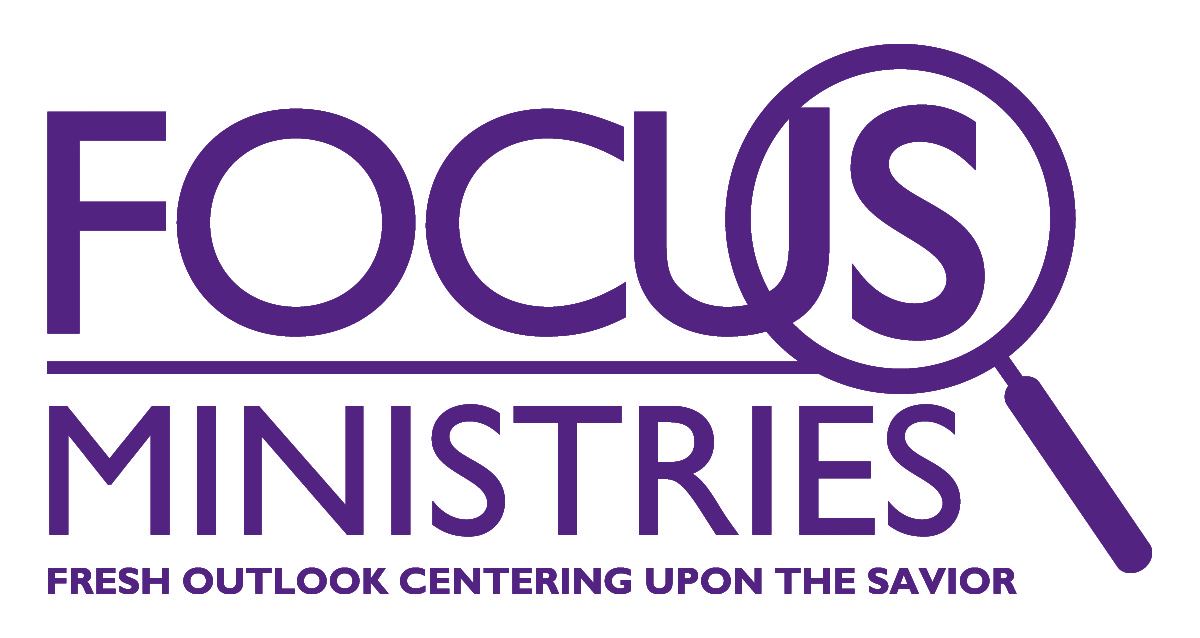I ended last week’s blog with this quote by B.B. Warfield, a former professor of theology at Princeton (1887 to 1921) – He looks smart, right? Look at the words again, in large print ?:
A firm faith in the universal providence of God is the solution of all earthly troubles.
I randomly found this message as I was doing some research. At first, I thought it a bit audacious. Providence, linked with this phrase: Solution to “ALL” earthly troubles. How could he say this? Yet, the more I thought about it, the more it dawned…the two really do go hand in hand.
Mr. Warfield must have studied the life of Esther.
If there is one underlying current in Esther’s story, it’s this:
When life hurts, and God seems MIA, He is not!
God is ALWAYS silently standing in the shadows, working all things according to His plan that will not be thwarted.
That would be my definition of PROVIDENCE.
It’s an old-fashioned word, is it not? That’s because it is. It’s from a 14th century French word, and most dictionaries give providence this meaning:
Another theologian, J. Vernon McGee, gave this definition (I rather liked it):
Someone else weighed in: “Providence – God making great doors swing on little hinges.”
Of course, in its most simplistic meaning, it is purely: God providing for His people.
That’s the central, core-theme of Esther.
We don’t see God’s hand.
We don’t hear God’s voice.
There are no prophets to give guidance, or to speak a word from the Lord. No priests. No spiritual leaders. Not even a donkey. ?
To get the lessons from Esther’s life, we have to read carefully, and, between the lines.
On the surface, the series of events seems to be a sequence of coincidences.
We know differently.
Someone else has said that there are no coincidences in life, only God-incidences.
Every detail, from Vashti’s refusal to come before the King, to a beauty pageant, to Mordecai’s uncovering of a plot to kill the King, to Haman’s evil manipulation, all the way to the salvation of a people group, had been ordained by God.
Nothing was accidental.
There was no “uh, oh,” because God never says, “Oops!” He never says, “My bad!”
We must always hold, at the forefront of our brains, that God sees the there and then, while we are in the here and now. He’s seen everything before it has occurred, and prepared and planned, from the beginning of time.
Our finite little minds can hardly fathom it.
The Lord God knew He would need to raise up a woman between the years of 486 – 465 BC to be in the courts of Xerxes — a woman He could trust — a woman who might sway the heart of a ruthless, violent, ambitious ruler, and jealous lover. God chose Esther.
Why? She was beautiful; by birth she was of royal blood (the line of King Saul); by nature she was obedient and kind. Esther (whose Persian name meant star – see below) was all these things…and more.
Again, reading between the lines, Esther’s character was exactly what God could use. She was a woman of courage (yet not without fear), extraordinarily calm, and held to deep convictions. Who better to move into the court “for such a time as this.” In spite of her tragic past, Esther shows us that trust in the Providence of God can help us overcome the vicious cycle that sometimes occurs when one has become a VICTIM of TROUBLE…
If…and it’s a big IF…in the middle of life’s difficulties, we can trust in the Sovereign Rule and Providential Care of the Almighty, we’ll never lack for HOPE. We’ll never lack for PATIENCE. We’ll always see, even if it’s ever-so-dim, a LIGHT at the end of the tunnel, assuring us that ALL THINGS DO, INDEED, WORK TOGETHER FOR GOOD to those who love the Lord.
If we trust in God’s Providence, we will surely be able to rest in the knowledge that there will come a time when God, Himself, will unwrap the solution for every earthly trouble.
Providential Certainty = Unending Hope









